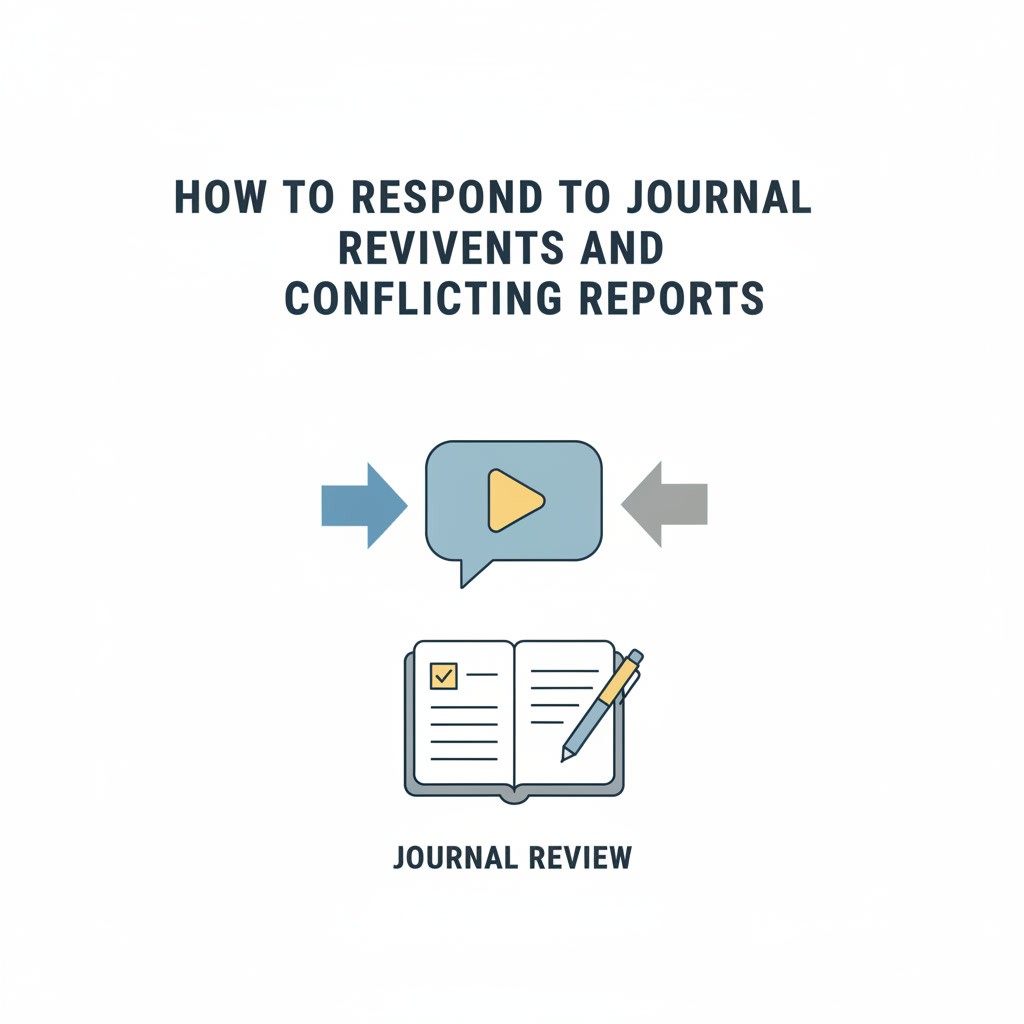Quick Hacks to Increase or Decrease Word Count in Academic Writing
Mastering Word Count: How to Adjust Your Academic Writing Without Losing Your Mind
Managing word count can be one of the most frustrating parts of academic writing. Whether you need to adjust your word count for a research paper, essay, or thesis, finding the right balance is key. Sometimes, you’re a few hundred words short, and other times, you need to trim down significantly. The good news? There are simple strategies to adjust your word count in academic essays while keeping your arguments clear and concise. In this post, we’ll cover effective techniques to increase or decrease your word count without losing clarity.
How to Increase Word Count in Academic Writing: Add Depth, Not Fluff
When you’re under the required word count, it’s important to add substance to your academic paper rather than padding it with unnecessary words. Here are some strategies to expand your word count without diluting your argument.

1. Clarify Complex Ideas and Key Concepts to Add Value
If you’re looking to expand your essay, one of the most impactful ways is to clarify complex ideas, terms, or theories. Start by identifying the key concepts that form the core of your thesis. Are there any terms that need more explanation or ideas that could be expanded for clarity? Think about whether your readers fully understand these concepts without prior knowledge. If not, it’s worth elaborating. For example, if your paper involves discussing “social problem theory,” you can provide historical context, define key philosophers who contributed to the theory, and explain how it connects to your thesis statement. Breaking down complex ideas helps ensure your audience grasps the full scope of your argument. When done correctly, it not only increases your word count but also adds significant value to your paper. Ask yourself: What are the complex ideas central to my argument? How can I expand on these to clarify their meaning? Do these ideas directly support my thesis? A great way to figure out where your essay may need more clarification is to get feedback on your draft from your classmate, professor, or tools like thesify.
2. Incorporate Real-World Examples, Case Studies, and Research
To illustrate your points, incorporate real-world examples, case studies, or research that supports your thesis. For instance, when discussing healthcare, you can bring in specific studies, statistics, or examples of policy initiatives. These not only strengthen your arguments but also add to your word count. If you’re struggling with how to incorporate examples, we’ve got you covered with 3 Tips for Effectively Using Examples in Academic Writing.
3. Expand on Your Thesis and Supporting Arguments
Don’t be afraid to revisit your thesis or supporting arguments. Have you fully explored all angles of your thesis? You can always introduce new evidence, explain different perspectives, or elaborate on the implications of your argument. Additionally, consider breaking larger paragraphs into two or more to give each point the space it deserves.
How to Decrease Word Count in Academic Essays Without Losing Focus
Sometimes, academic essays require you to trim down excess content to meet word limits. Here’s how you can reduce word count effectively while keeping your paper sharp and focused.
1. Eliminate Redundancies and Overused Phrases
One of the easiest ways to trim your word count is by eliminating redundant words or sentence fillers. Words or sentences that repeat ideas can usually be combined or removed. For example, instead of saying, “In my opinion, I believe that,” you could simply state, “I believe.” Be mindful of filler words like “very,” “really,” or “basically,” as they don’t add meaning to your sentence and can be cut without impacting your argument.
2. Simplify Sentence Structure to Reduce Wordiness
Another effective way to reduce word count is by simplifying complex sentences and combining ideas. Long, winding sentences are not only harder to read, but they often add unnecessary words. Focus on brevity and clarity. Instead of: “The purpose of this study is to show how artificial intelligence is affecting the world, and to discuss potential risks to these impacts,” you could say, “This study examines how artificial intelligence affects the world and explores potential risks.” Ask yourself: Can I combine these sentences for clarity? Is this sentence structure clear and concise?
3. Remove Content That Doesn’t Directly Support Your Thesis
Any section of your paper that doesn’t directly relate to your thesis or provide essential background information should be cut.
Check each sentence of your paper and ask:
Does this sentence add value to my argument?
If not, remove it to tighten up your paper. This strategy ensures your work remains focused and concise while avoiding unnecessary tangents. For more tips on how to structure your paper effectively, check out our Step-by-Step Academic Writing Guide: Breaking Down Every Task for a Successful Final Draft, which will help you streamline your process from the first draft to the final version.
Achieving the Perfect Word Count: Sharpen Your Writing, Impress Your Professors
Managing word count in academic writing is a skill that takes practice, but once you’ve got the hang of it, you’ll be producing clean, concise, and well-supported essays that make your arguments shine. Whether you’re adding depth by clarifying complex ideas or cutting out the fluff that doesn’t serve your thesis, finding that balance is key. And remember, every essay is an opportunity to refine your writing process. So, next time you face a word count crisis, don’t panic—use these strategies to make sure your final draft is strong, focused, and ready to impress.
Need more support with your writing? Use Thesify’s essay review tool to ensure you meet word limits while keeping your content sharp and concise. Check out our guide on How to Use Thesify to Get Feedback.
Related Blog PostsIf you found this guide helpful, you might also enjoy these posts:
Step-by-Step Academic Writing Guide: Breaking Down Every Task for a Successful Final Draft – Learn how to tackle every stage of the writing process, from brainstorming to the final draft.
3 Tips for Effectively Using Examples in Academic Writing – Discover how to incorporate powerful examples that enhance your arguments.
Rewriting the Story: How Feedback Turns Good Essays into Great Ones – See why getting the right feedback can transform your writing.
How to Use Thesify to Get Feedback on Your Writing Assignment – Explore how Thesify’s tools can help refine your essays with professor-level insights.





















